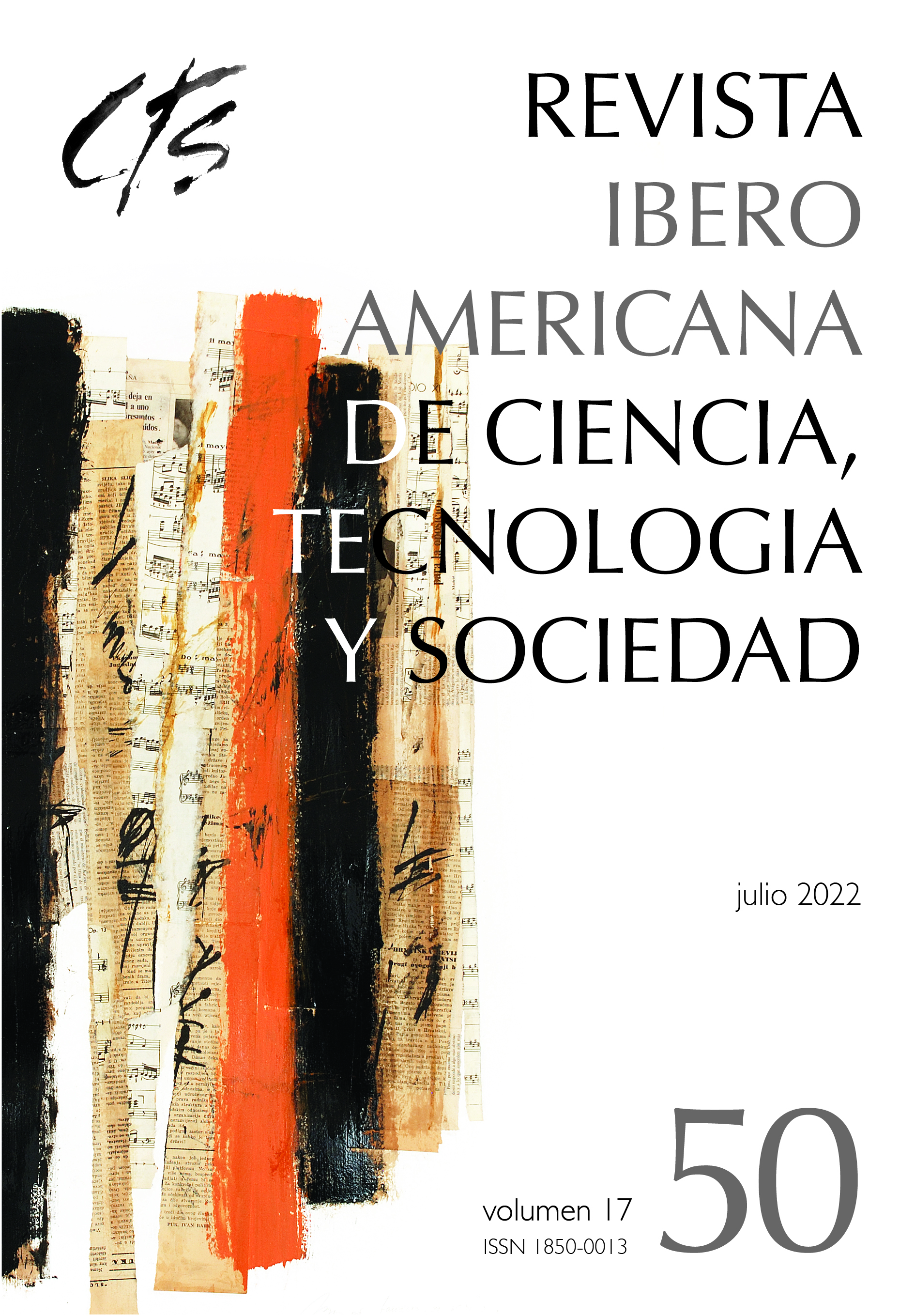The Political Perspective on the Relations between Science, Technology and Society: Towards the Construction of Co-responsibility
Abstract
One of the topics that has been investigated in the field of relations between science, technology and society is that of their interactions with politics. These go beyond the relations between scientists and governments, to which their analysis is frequently reduced, especially when they are perceived from the scientists themselves. From the field of social studies of science and technology, the consideration of sociopolitics is relevant to understand different processes: how the perspectives of the world that researchers have influence their knowledge generation processes; the different values that influence their profiles as academics; the relationships within the communities themselves as part of the practice of these activities; as well as the relationships between practitioners of science and actors belonging to different sectors of society. This network of social relations -where values, preferences and political positions mediate- reveal the complexity in which the generation and application of scientific and technological knowledge is embedded in our societies. These are complex phenomena to characterize and investigate, and they have posed numerous theoretical and methodological challenges for specialists in this field.
Downloads
Downloads
Published
How to Cite
Issue
Section
License
Copyright (c) 2022 CC Attribution 4.0

This work is licensed under a Creative Commons Attribution 4.0 International License.
All CTS's issues and academic articles are under a CC-BY license.
Since 2007, CTS has provided open and free access to all its contents, including the complete archive of its quarterly edition and the different products presented in its electronic platform. This decision is based on the belief that offering free access to published materials helps to build a greater and better exchange of knowledge.
In turn, for the quarterly edition, CTS allows institutional and thematic repositories, as well as personal web pages, to self-archive articles in their post-print or editorial version, immediately after the publication of the final version of each issue and under the condition that a link to the original source will be incorporated into the self-archive.











